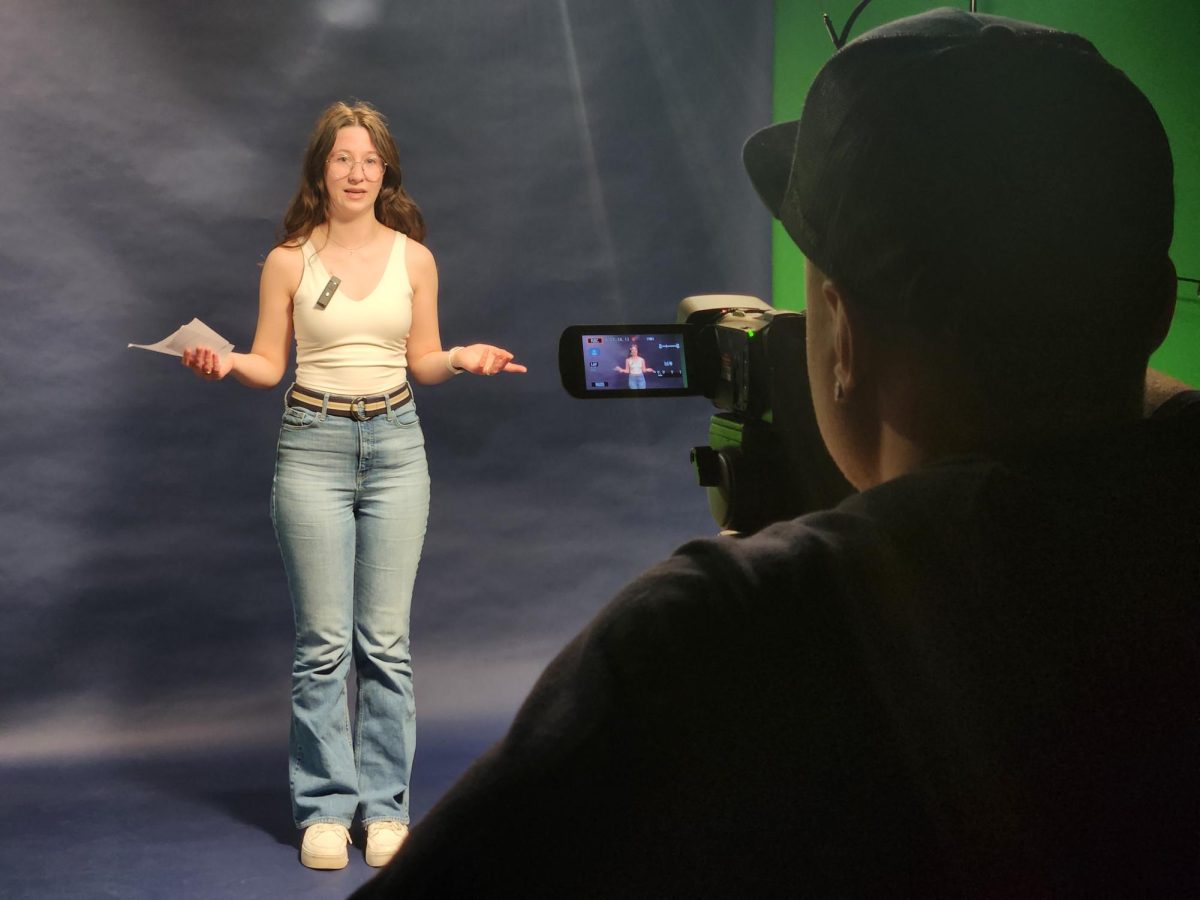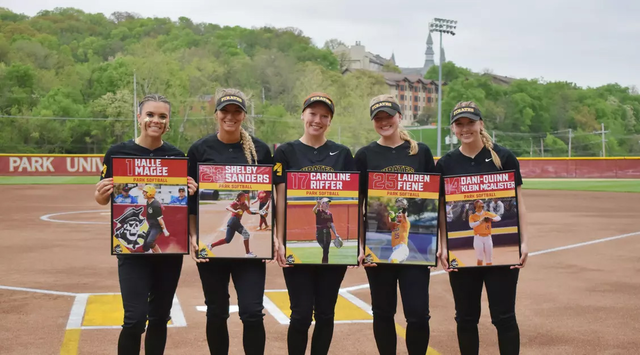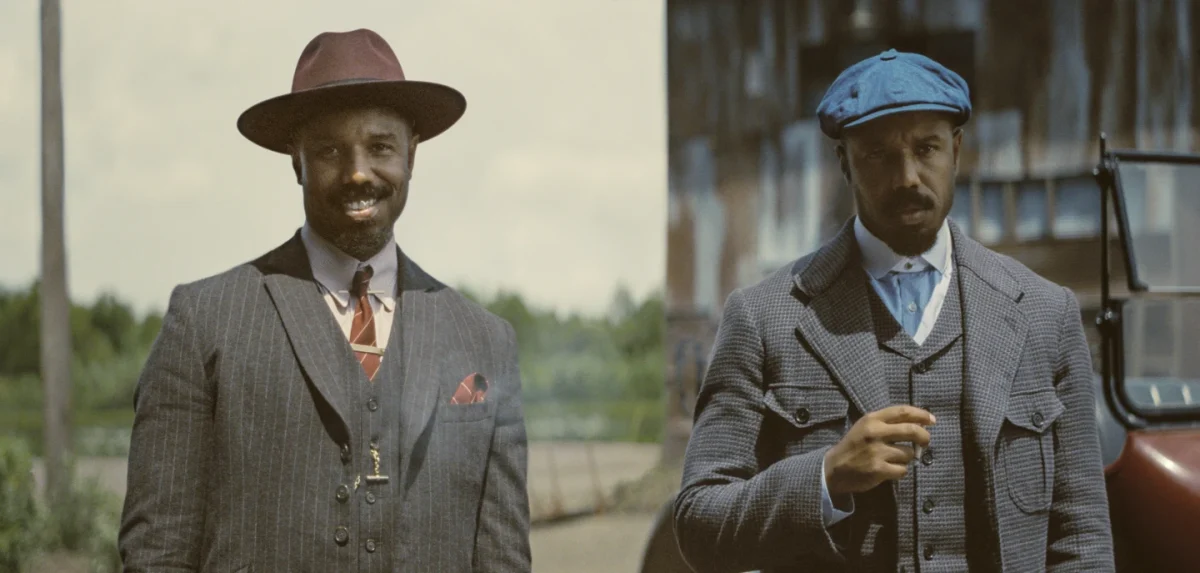Since our Founding in 1875, it would be an understatement to think that we here at Park University have developed a rather storied past.
We at Park were one of, if not the first, colleges in the area to admit people regardless of gender or race.
In the first graduating classes of Park University, we had two Civil War veterans. To this day, we continue to be in active support of the United States Military.
Our first International Student came in 1880, all the way from Japan.
A Chinese International Student, Glen Ginn, won the Interstate Oratorical contest in 1927.
Even recently, in 2009, the fossil remains of an extinct plant, Parkvillia Northcutti, were found on campus by Doctor Scott Hageman.
We used to be home to the Director of Global Peace Journalism, Professor Steven Youngblood who has organized and/or taught at seminars in over 20 countries.
This doesn’t even begin to count how many sporting or academic events that Park University Students have won over the years.
So, why then does our Park University identity and spirit seem so difficult to define? After almost 150 years of existence, you would think that we should not be dealing with an identity crisis.
In October of 2022, I wrote the ghost article, “Who Haunts The Halls of Park University?” for The Stylus, which had me digging for records, taking interviews and looking up every possible shred of information I could about the school and any allegedly haunted history it had.
What I found, instead of ghost stories, were stories in which this campus once held a very different kind of spirit.
Back — not even that long ago — in the times before COVID-19, Park University was proud to be Park University. We used to have traditions. We had a culture all our own. When we won, we won together. We used to have a connection between the school and the community around it. We used to, but lately I am not so sure.
The most recent campaign by Park University is using the tag line “You Belong”, and while it is a nice thought, what can we do to make it feel like it’s true? What can we do to foster the idea that we belong? If not in our time, what can we do to foster the idea of belonging to the next group of students?
There is no one answer to this. There have been literal dozens, if not hundreds, of books written on the subject. The answers range anywhere from “being more inclusive” to “give the students a voice.” I don’t actually believe any of the answers given are wrong either. Of course we should be more inclusive. Of course the students deserve and need to have a voice.
But, I argue that possibly more pressing is to restore a sense of tradition and culture. We should enhance the culture and traditions of Park University. This requires a combination of preserving existing traditions, creating new ones, and fostering a sense of community and shared identity among students, faculty, and staff.
Easy, right? If it was, I wouldn’t be writing this.
At this juncture, it is my personal belief that we have two choices. We could toss everything to the side in the hopes of creating something new, this would define a new era for the school and who we want to become. Or, we could fully embrace who and what we used to be and restore the connection to our past.
As we are now well into our 150th anniversary, we need to do it soon.
In my opinion, the one we should avoid is ignoring who we once were and throwing everything away to create something new. Yes, all things must change with time, things must adapt, or they will die. These are fundamental laws of nature and we as an organization are no different. But change needs to be gradual. Evolution by adaptation happens over time; we are not Pokemon.
In the 16th Century, Pirates had only a few tools at their disposal to help navigate the world. Yet by embracing the traditions set by sailors in the times before them, as well as embracing new tools that were being developed, they sailed with arguably more success than those who call themselves explorers.
We, as Park University Pirates, are in the same creaky boat. We do not have to forgo the new tools and adhere only to the traditions of those who come before us. But we also don’t have to shy away from new technologies and schools of thought. It is my personal belief that Park University could embrace its past, the traditions and identity, while also accepting and testing new methods of navigation.
This is obviously going to be an ongoing process that will require the active involvement of the entire university community. By celebrating our traditions, fostering a sense of belonging, and creating a shared identity, the university can become more than what it used to be while remaining true to who it was.
It does not have to be one or the other, Tradition or Adaptation.
It should never be one or the other.







